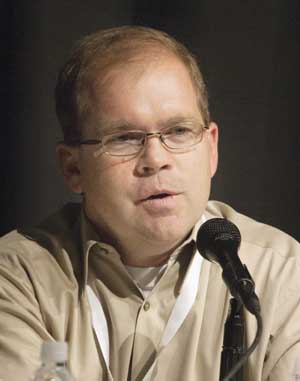
Jerry Haak at the Washington State Horticultural Association show on December 3, 2013, in Wenatchee, Washington. (TJ Mullinax/Good Fruit Grower)
If Jerry Haak had lived until retirement age, he undoubtedly would have won accolades for his contributions to the tree fruit industry, to his community in Sunnyside, Washington, and to the world at large.
But he died last December at age 50.
Steve Zediker, a friend, neighbor, and outgoing president of the Washington State Horticultural Association, will honor Haak posthumously with the association’s Silver Apple Award during the annual meeting banquet on December 2.
Haak was only 19 when he was diagnosed with ankylosing spondylitis, a severe form of arthritis that affects the joints and the eyes. Doctors predicted he would be wheelchair bound by the age of 35, but he continued to walk throughout his life, albeit with difficulty.
Friends say that, far from being discouraged by his disabilities, Haak seemed to be motivated by them. He had a passion for growing fruit and finding better ways to do it. He used cutting-edge techniques not only to increase his yields, but to produce higher quality fruit and use labor more efficiently.
“He was willing to challenge the paradigms we had in this industry,” said Zediker, noting that Haak’s physical limitations did not interfere with his ability to accomplish his goals and might even have enhanced it.
Whereas other growers might be busy out in the orchard all day, Haak was forced to spend some of the time sitting at his desk, where he had time to reflect, dream up big plans, and figure out how to empower the people around him.
Haak suffered severe pain and had numerous surgeries, including hip and knee replacements. He had autoimmune problems because of all the medications he was taking and died on Christmas Day, 2013, after contracting valley fever (coccidioidomycosis).
“I think he knew that his body was going to wear out on him, so I’m thinking he had set certain goals in life he wanted to achieve,” Zediker said. “Some people might say, ‘I want to achieve that by the time I retire at 65,’ but the way he looked at it, after 50 those would be bonus years. Maybe he had a little stronger desire.”
First orchard
Haak was born in Delavan, Wisconsin, in 1962 and grew up in Outlook, Washington, where his parents, Henry and Karen Haak, had a dairy farm. He earned a bachelor’s degree in agriculture/business from Dordt College, Iowa. He planted his first orchard in 1987, while working as a loan officer for Northwest Farm Credit Services in Yakima. He later worked as a field horticulturist for Washington Fruit and Produce Company for about ten years while expanding his orchard holdings. He became involved in 17 partnerships.
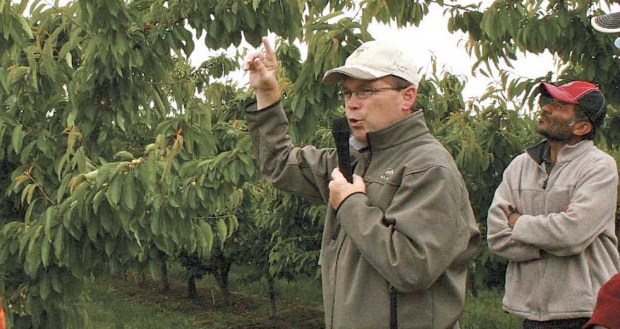
Jerry Haak explains his cherry training system during a summer tour at his orchard in 2011. (Geraldine Warner/Good Fruit Grower)
He served on the Washington Apple Commission’s board of directors from 2002 to 2005 and was on the Washington Tree Fruit Research Commission’s apple horticulture/pathology advisory committee for several years until 2005.
He was also an active philanthropist. He was involved with the Sunnyside Christian Reformed Church and Sunnyside Christian School and was a board member of Partners Worldwide, whose goal is to create jobs in areas of the world that have high unemployment.
“Jerry freely showed all of us how to compete and prosper in our challenging tree fruit businesses,” Yakima grower Dave Allan commented after Haak’s death. “He also led the way in encouraging and showing compassion to all with his gift of time and resources.”
“Regardless of whether he had passed away or not, he’s always been a good candidate for this award,” Zediker said. “Generally, we pick someone who’s a little more aged, and unfortunately he didn’t get that opportunity to be aged.” •

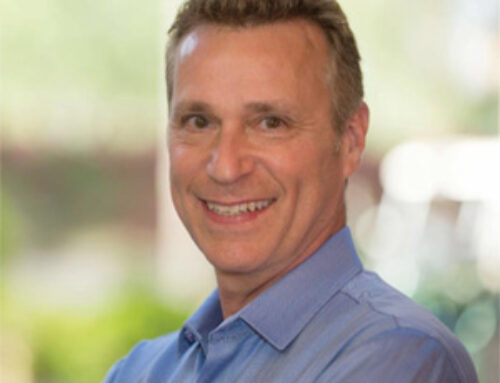
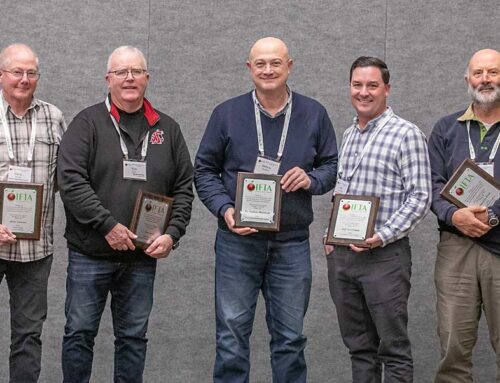
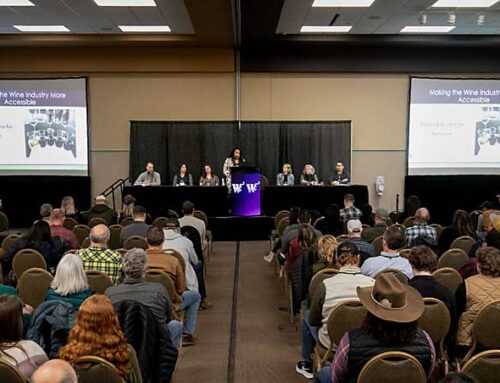
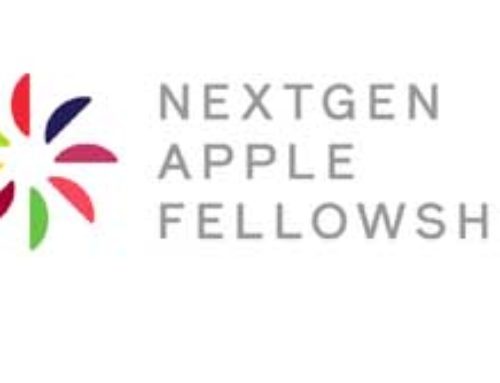
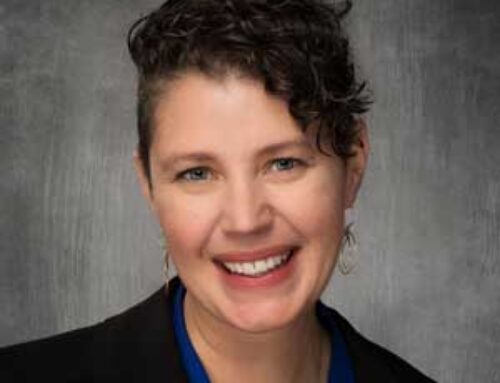
Leave A Comment